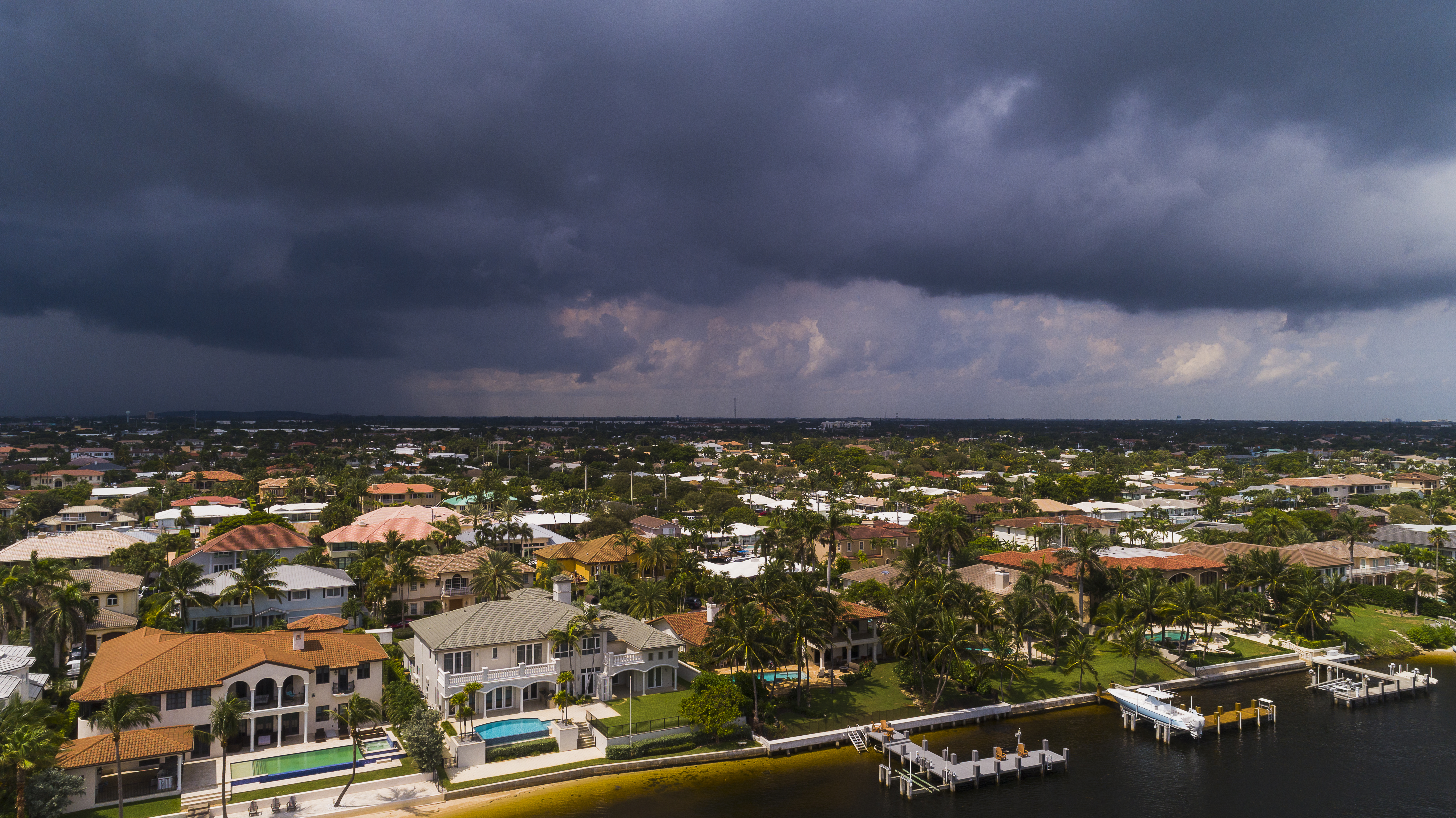Get Prepared for This Year’s Intensifying Hurricane Season
As this year’s hurricane season enters its peak, predictions have intensified around both the number and intensity of storms we can expect across the Atlantic coast. If you live in the area, it’s critical to start preparing now - before a storm is headed your way - in order to protect the safety of both loved ones and your home.
Take a moment to explore what’s expected for the remainder of the season - and find out how you can take action, right now.
What’s on the hurricane horizon?
The National Oceanic Atmospheric Administration (NOAA) recently issued its annual mid-season update, forecasting a 65% likelihood of an above-normal hurricane season. NOAA also upped its prediction of the number of storms we can expect from six to 10 hurricanes with winds of 74 mph or more (May forecast) to seven to 10, with three to five bringing winds at 111 mph or greater.
How long will hurricane season last?
Generally, peak hurricane season begins in August and continues through October. These months present the most favorable conditions for tropical storms and hurricanes thanks to highly developed African easterly waves and lessening Saharan air layers, low wind shear, rising sea-surface temperatures and more atmospheric convection.
This season, however, NOAA warns of a potential La Nina pattern that could form over the eastern equatorial pacific that would extend hurricane season into November.
Why prepare now - and how?
As we face more storms of higher intensity and a potentially prolonged hurricane season, how can homeowners get prepared? Even if you’re not certain that a hurricane is headed your way, there are steps you can take right now that will better position you in the event that you wind up in a hurricane’s path. As a result, you can limit the property damage that occurs from storm surges, wind damage and flooding - and most importantly, stay out of harm’s way.
Pre-storm preparedness:
- Document your possessions with photos and/or videos
- Print important items like IDs and insurance cards and store them in a waterproof container
- Review your home insurance and flood policy with your insurance agent to identify any possible coverage gaps. Please note, any coverage changes may be subject to a 30 day waiting period or storm-related binding restrictions.
- Create an evacuation plan - how will you leave? Where will you go?
- Designate an emergency contact
- Stock up on supplies: backup chargers, non-perishable food, bottled water, flashlights, etc.
As we can see, many of these items involve forward planning, like setting up a meeting with an insurance agent or buying items that could be in short supply once a storm is imminent. By taking the time now to check these items off, you can lower your risk from both a liability and safety standpoint. Plus, you can reduce the stress of an already challenging situation should a storm arise in your area.
Now let’s look at what you can focus on once you know a tropical storm or hurricane is likely to arrive.
When a storm is forecast to make landfall in the next few days:
- Fill your gas tank(s) and refill prescriptions
- Keep electronic devices like your phone fully charged
- Take precautions to secure your home with shutters or alternative methods
- Secure any outdoor furniture, garbage cans, etc. that could become flying debris
- Share your storm plan with a family member, friend or neighbor
Finally, be sure to follow any and all evacuation orders from local authorities. In the event that you are in a storm, avoid floodwaters and fallen power lines at all costs.
One final tip
Keep these steps handy as you get prepared for the remainder of the hurricane season. Increase your readiness in the event of a hurricane, be prepared and get storm ready!
Have you reviewed your coverage? No time like the present
The 2021 hurricane season is showing no signs of slowing down, so why wait to review your coverage? Connect with an Acentria Insurance agent today and make sure your home has the right level of protection moving forward.

